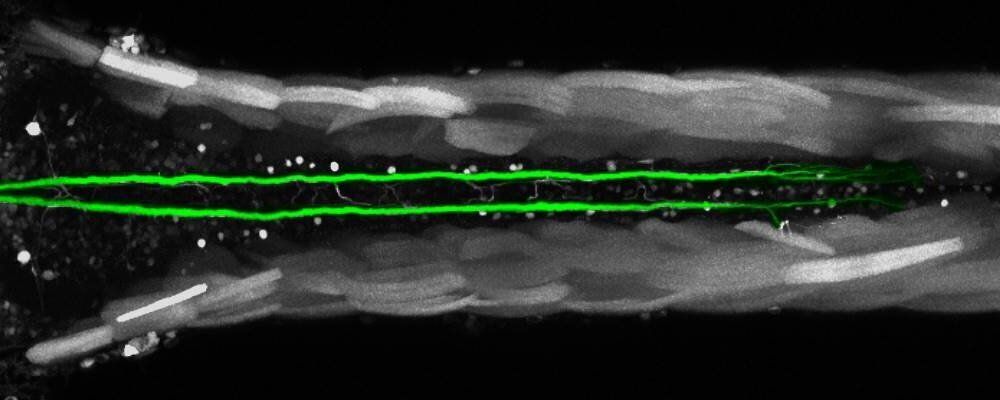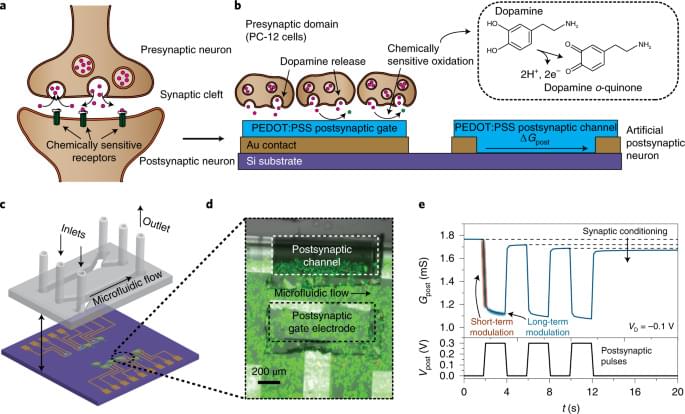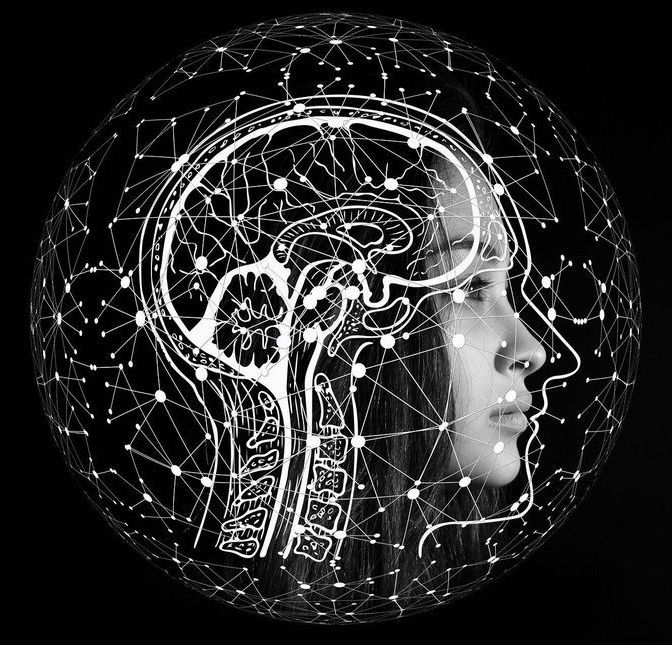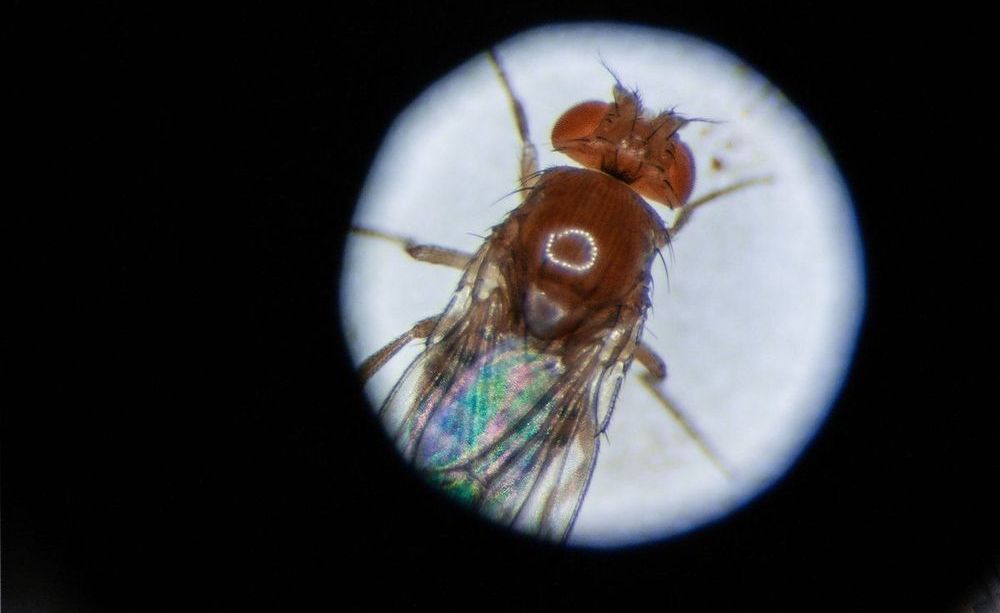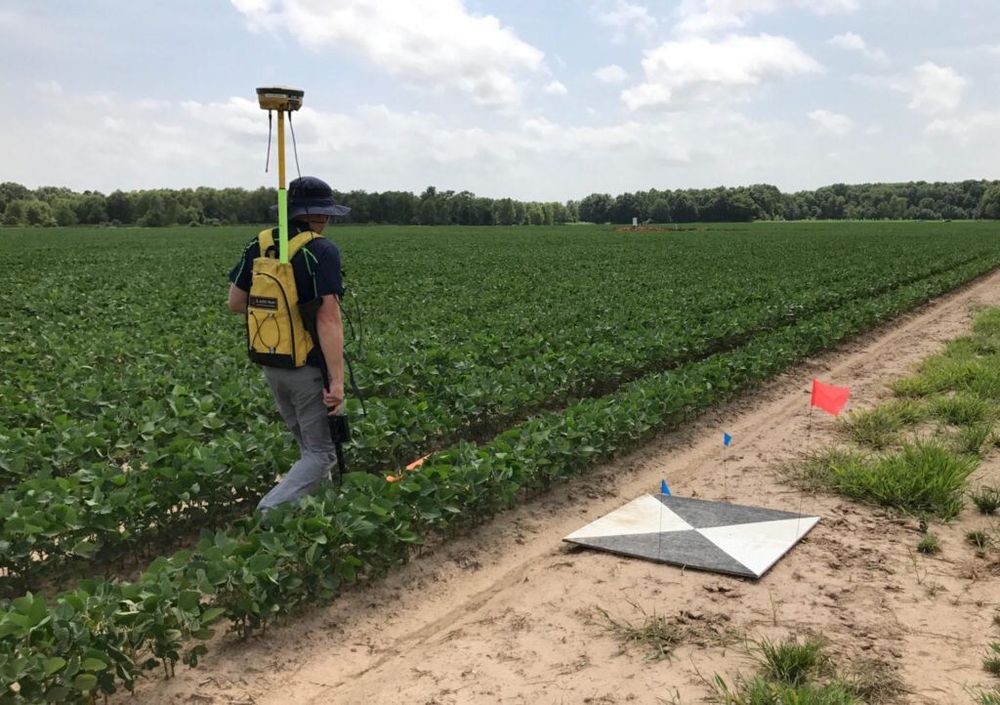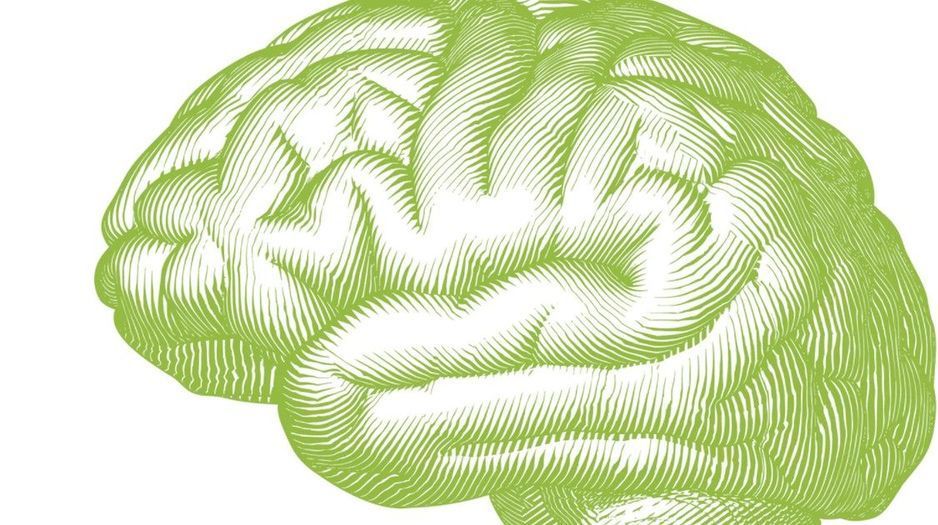Over the past few years, researchers have been trying to apply quantum physics theory to a variety of fields, including robotics, biology and cognitive science. Computational techniques that draw inspiration from quantum systems, also known as quantum-like (QL) models, could potentially achieve better performance and more sophisticated capabilities than more conventional approaches.
Researchers at University of Genoa, in Italy, have recently investigated the feasibility of using a QL approach to enhance a robot’s sensing capabilities. In their paper, pre-published on arXiv, they present the results of a case study where they tested a QL perception model on a robot with limited sensing capabilities within a simulated environment.
“The idea for this study came to me after reading an article written in 1993 by Anton Amann, (‘The Gestalt problem in quantum theory’) in which he compared the problem of Gestalt perception with the attribution of molecular shape in quantum physics,” Davide Lanza, one of the researchers who carried out the study, told TechXplore. “I was amazed by this parallel between cognition and quantum phenomena, and I discovered then the flourishing field of quantum cognition studies.”

